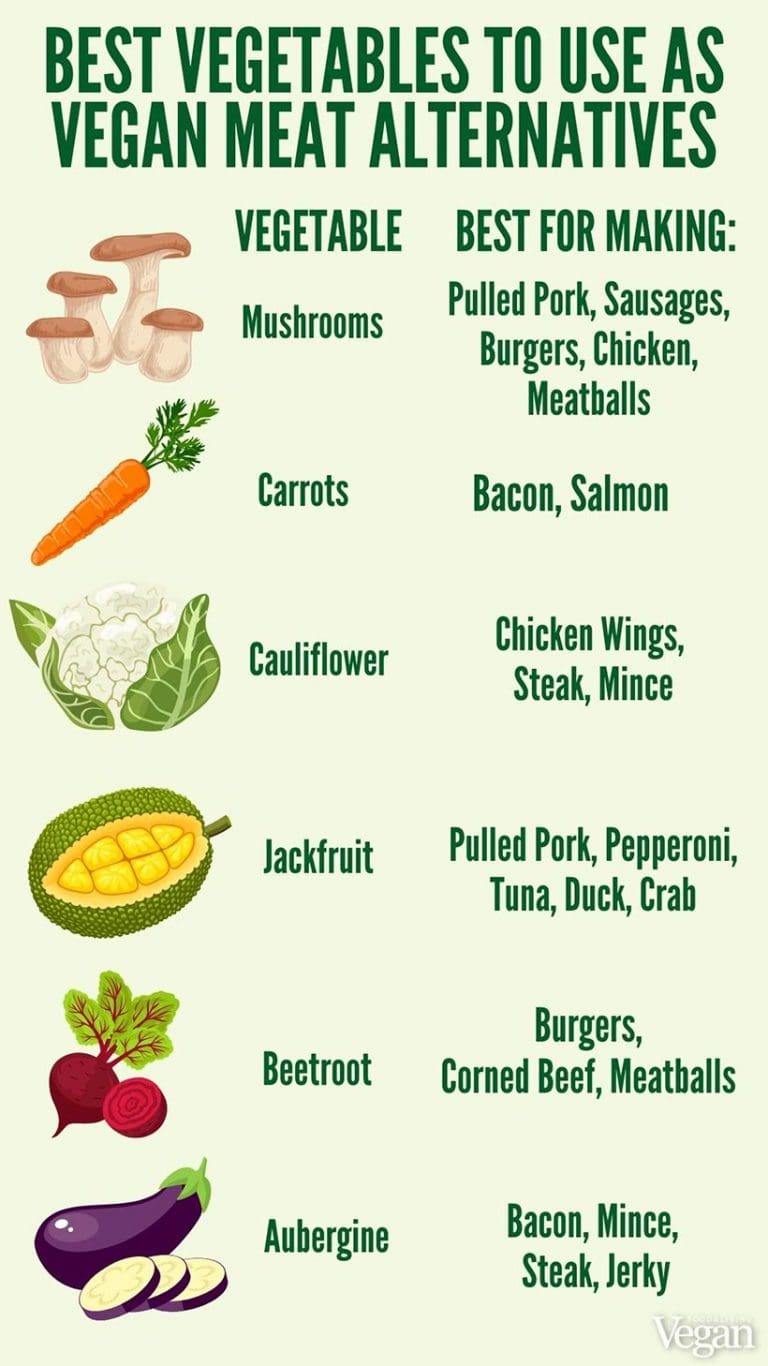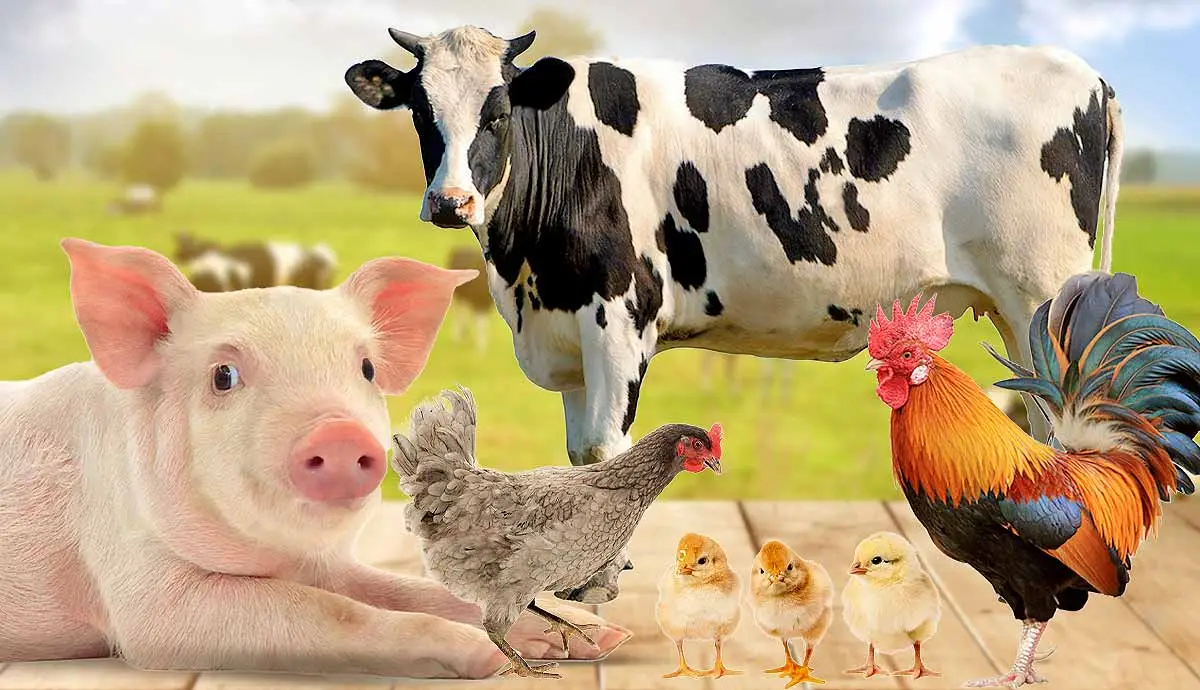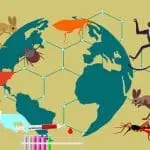Animal exploitation is a pervasive issue that has plagued our society for centuries. From using animals for food, clothing, entertainment, and experimentation, the exploitation of animals has become deeply ingrained in our culture. It has become so normalized that many of us do not give it a second thought. We often justify it by saying, “everyone does it,” or simply by the belief that animals are inferior beings meant to serve our needs. However, this mentality is not only harmful to animals but also to our own moral compass. It is time to break free from this cycle of exploitation and rethink our relationship with animals. In this article, we will explore the various forms of animal exploitation, the consequences it has on our planet and its inhabitants, and how we can collectively work towards breaking free from this damaging cycle. It is time for us to move towards a more compassionate and sustainable future, one where animals are treated with the dignity and respect they deserve.
Why animal exploitation is harmful
Animal exploitation is a deeply concerning issue that warrants our attention and action. The practice of exploiting animals for various purposes, including food, clothing, entertainment, and scientific experimentation, has severe consequences for both the animals involved and our planet as a whole. From factory farming to wildlife trafficking, animal exploitation not only causes immense suffering and loss of life but also contributes to environmental degradation, biodiversity loss, and climate change. The inherent cruelty and disregard for the well-being of sentient beings should be reason enough to condemn these practices. Moreover, as compassionate individuals who value justice and ethical behavior, it is our responsibility to break free from this cycle of animal exploitation and strive towards a more compassionate and sustainable world.

The societal acceptance of exploitation
The societal acceptance of exploitation is a disheartening aspect that perpetuates the cycle of animal exploitation. Despite the growing awareness and empathy towards animals, there is still a prevalent mindset that normalizes and justifies the use of animals for human gain. This acceptance is often rooted in cultural traditions, economic interests, and personal convenience. Society tends to turn a blind eye to the inherent suffering and ethical implications of exploiting animals, instead focusing on short-term benefits and personal desires. This normalization of exploitation makes it challenging for individuals to challenge the status quo and opt for more compassionate alternatives. It is crucial to critically examine and question these societal norms to pave the way for a more compassionate and ethical relationship with animals.
The ethical implications of exploitation
The ethical implications of exploitation extend beyond the immediate harm caused to animals. Engaging in exploitative practices raises fundamental questions about our values, principles, and moral responsibility towards other sentient beings. Exploitation undermines the inherent worth and dignity of animals, reducing them to mere commodities for our use and benefit. It raises concerns about the unequal power dynamics and the disregard for the well-being and agency of animals. Moreover, the normalization of exploitation perpetuates a mindset that prioritizes human desires over the suffering and rights of animals. By recognizing and addressing the ethical implications of exploitation, we can work towards a more just and compassionate society that respects the inherent value and rights of all living beings.
The environmental impact of exploitation
Exploitation of animals not only raises ethical concerns but also poses significant environmental consequences. The unsustainable practices associated with animal exploitation contribute to deforestation, habitat destruction, and biodiversity loss. Large-scale farming operations, such as factory farms, require vast amounts of land, water, and resources, leading to the degradation of ecosystems and the depletion of natural resources. The production of animal products also generates substantial greenhouse gas emissions, contributing to climate change and global warming. Additionally, the use of pesticides, antibiotics, and hormones in animal agriculture further contaminates waterways and ecosystems, threatening the balance and health of our environment. Recognizing the environmental impact of exploitation is crucial in promoting more sustainable and responsible practices that minimize harm to both animals and the planet.
Alternatives to animal-based products
The demand for animal-based products has fueled the growth of industries that rely on the exploitation of animals, but fortunately, there are numerous alternatives available that can help break free from this cycle. Plant-based alternatives offer a wide range of options that mimic the taste, texture, and nutritional value of animal-based products. For instance, soy-based proteins can serve as a substitute for meat, while nut-based milks provide a dairy-free alternative. Additionally, innovations in technology have paved the way for the development of lab-grown or cultured meat, which eliminates the need for traditional animal farming altogether. These alternatives not only offer ethical and environmental benefits but also provide consumers with healthier options that are free from the saturated fats and cholesterol often found in animal-based products. By embracing and supporting these alternatives, individuals can actively contribute to a more compassionate and sustainable future, reducing the reliance on animal exploitation and promoting a more harmonious relationship with our planet and its inhabitants.

Supporting ethical and sustainable practices
Embracing ethical and sustainable practices is crucial for creating a better future for our planet and all its inhabitants. By consciously choosing products and supporting businesses that prioritize ethical sourcing, fair labor practices, and environmental sustainability, we can make a positive impact on the world. This includes opting for organic and fair-trade certified products, promoting the use of renewable energy, reducing waste through recycling and upcycling, and supporting companies that prioritize transparency and accountability in their supply chains. By actively participating in the movement towards ethical and sustainable practices, we can contribute to a more just and sustainable world for generations to come. Together, we can break free from the cycle of animal exploitation and create a future where both humans and animals can coexist harmoniously.
Challenging the status quo
In order to truly break free from the cycle of animal exploitation, it is essential to challenge the status quo. Society has long been accustomed to the exploitation of animals for various purposes, such as food, clothing, and entertainment. However, it is important to question these practices and examine the ethical implications behind them. By challenging the status quo, we open up the possibility for change and pave the way for a more compassionate and sustainable future. This involves questioning societal norms, advocating for animal rights, and promoting alternative practices that prioritize the well-being and freedom of animals. It may not be easy, but it is necessary to challenge ingrained beliefs and behaviors in order to create a world that is more compassionate and respectful towards all living beings.
















































